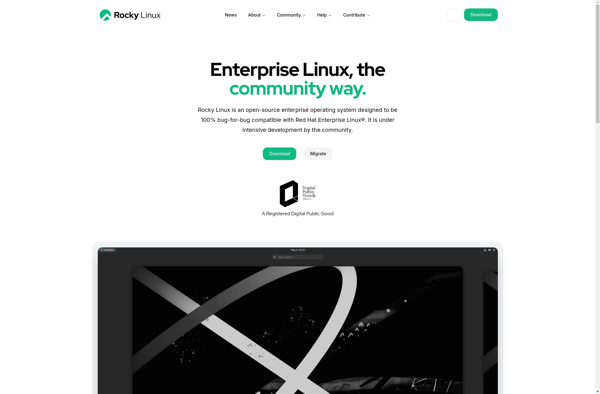UwUntu
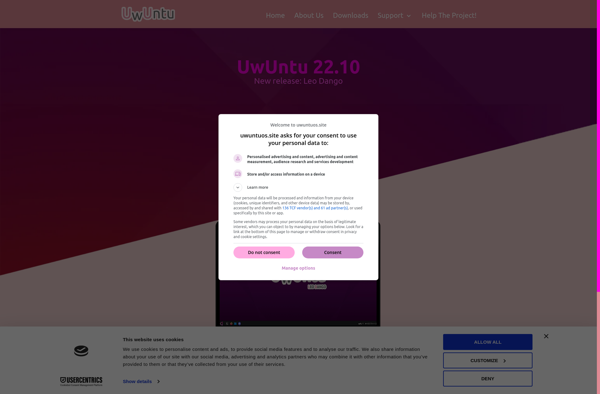
UwUntu: Anime-Focused Linux Distribution
UwUntu is a lightweight and user-friendly Linux distribution based on Ubuntu, featuring an anime-inspired mascot and pastel color scheme. It provides a unique blend of entertainment and functionality, making it an excellent choice for users looking for a fun and accessible computing experience.
What is UwUntu?
UwUntu is a Linux distribution derived from Ubuntu that features an anime-inspired mascot and theme. The name and branding play on the Japanese word "uwu", an emoticon expressing cuteness. Visually, UwUntu utilizes pastel colors, neko-themed icons, and anime wallpapers to create a bright, cheerful environment compared to Ubuntu's default dignified look.
Under the hood, UwUntu strives for full compatibility with standard Ubuntu PPAs and DEB packages to leverage the massive Ubuntu ecosystem. Key system components like the Linux kernel, apt package manager, and GNOME/KDE desktop options remain unchanged from stock Ubuntu. This allows UwUntu to focus theming efforts on the visual experience while relying on Ubuntu for robust infrastructure.
UwUntu's tailored interface and mascot aim to lower the barrier for entry for non-technical Linux users. The emphasis on cuteness and visual polish targets younger demographics that find Ubuntu stale. UwUntu realizes the power of mascots in humanizing operating systems, taking cues from Japanese visual kei culture. Nonetheless, more experienced Linux users can still leverage UwUntu's compatibility with Ubuntu without compromising on system capabilities.
UwUntu Features
Features
- Anime mascot and theme
- Based on Ubuntu and compatible with Ubuntu repositories
- Customizable desktop environment
- Large collection of pre-installed software
- Supports most hardware devices
Pricing
- Free
- Open Source
Pros
Cons
Official Links
Reviews & Ratings
Login to ReviewThe Best UwUntu Alternatives
Top Os & Utilities and Linux Distributions and other similar apps like UwUntu
Here are some alternatives to UwUntu:
Suggest an alternative ❐Windows 7
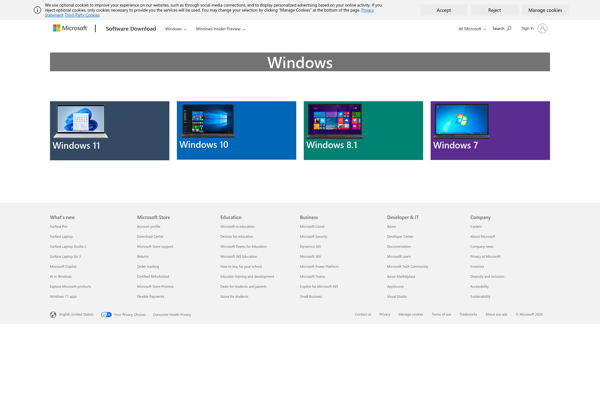
Ubuntu Server
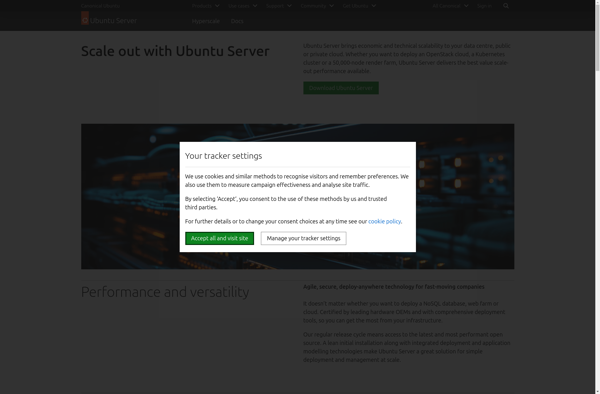
AntiX

Alpine Linux
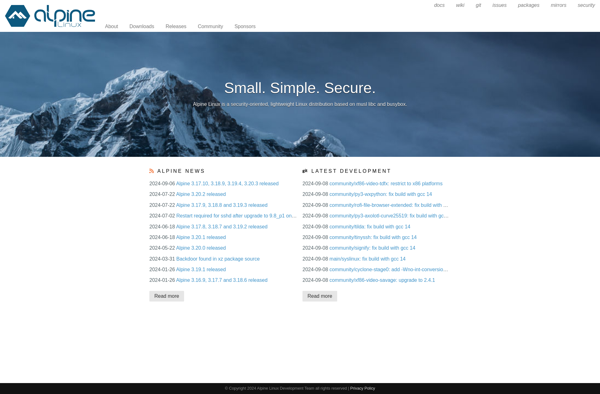
Lubuntu
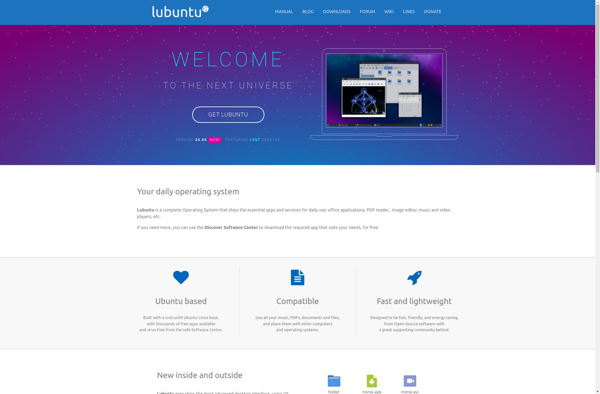
Bodhi Linux
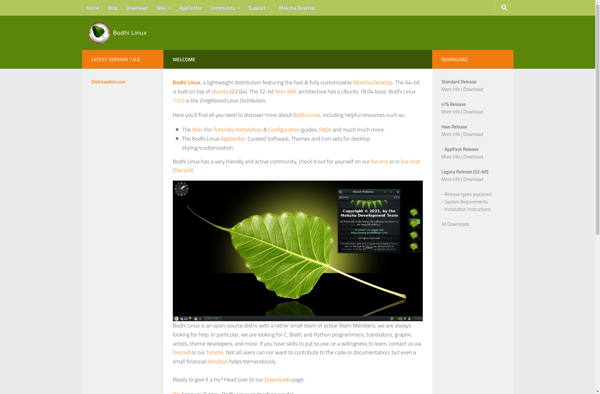
NixOS
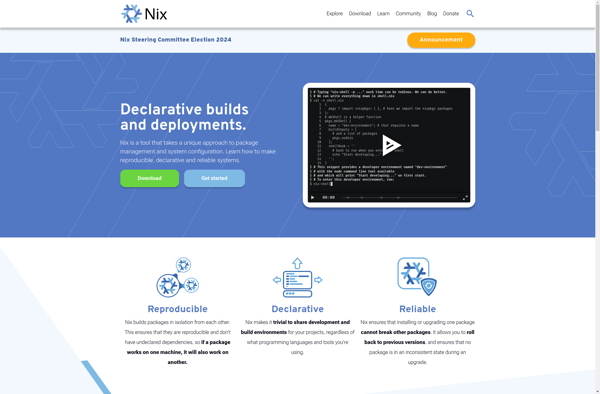
Damn Small Linux

Mageia

Rocky Linux
